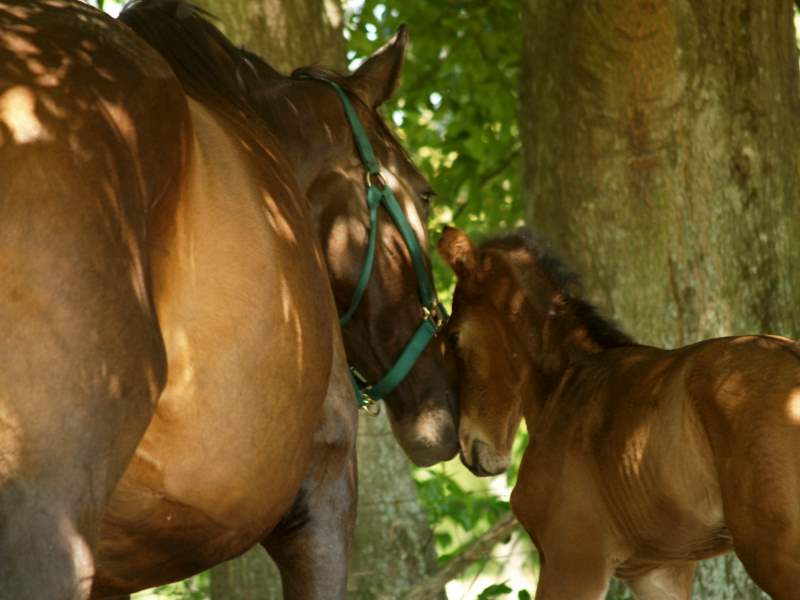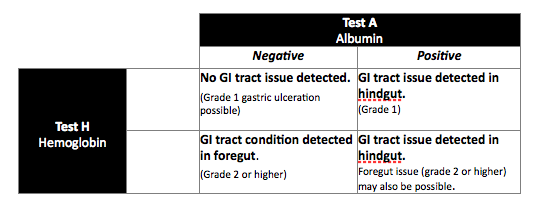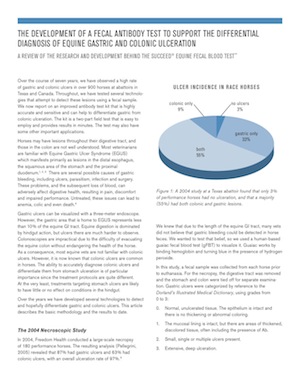September 15, 2015
The digestive tract of the horse has evolved to digest dietary fibre. It is well adapted to grazing and browsing forage feeds during numerous short feeding periods totalling around 16 to 18 hours a day. This has led to the term ‘trickle feeder’ being applied to the horse’s natural eating behaviour.
The digestive tract of the horse has evolved…







